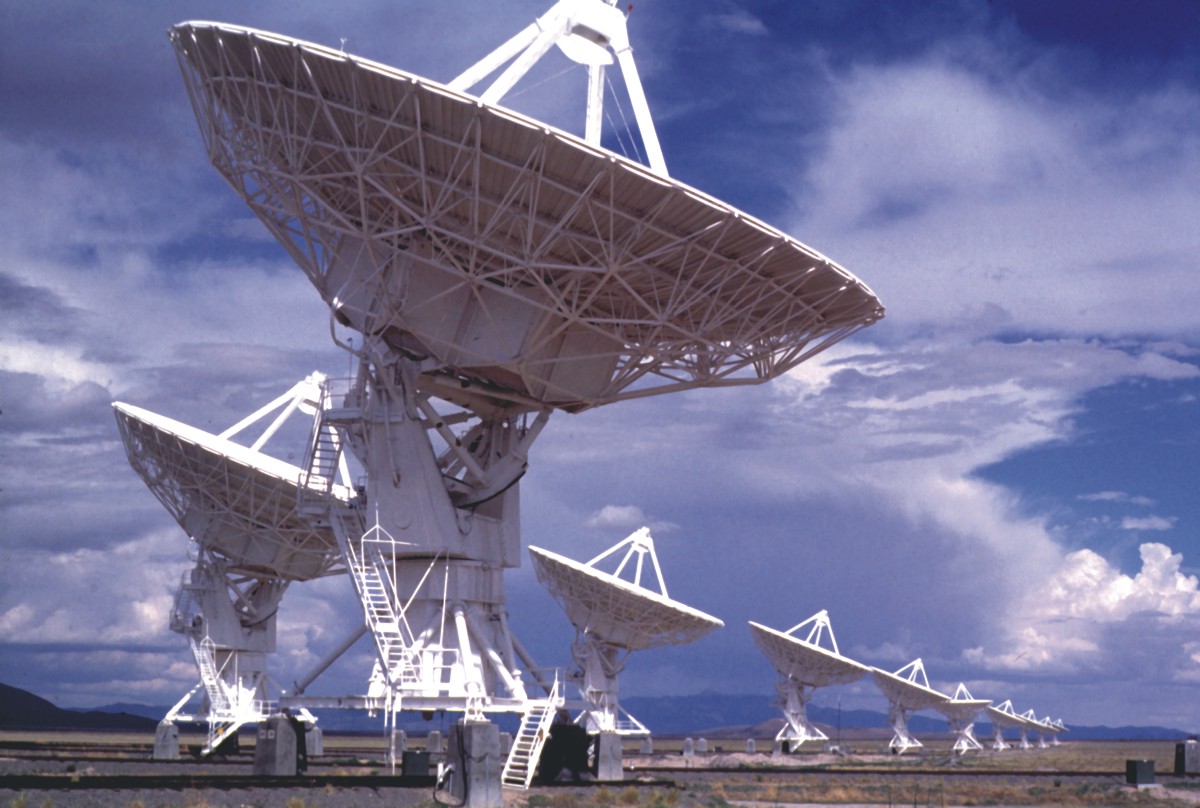Andrew Baker
Serin 309
Phone: 732-445-2544
Email: ajbaker[at]physics.rutgers.edu
Office hours: Friday 1:00-2:30 (or by appointment)
Venue
MW5 (3:20-4:40) in SEC211, except where boldfaced below


Textbooks
Kitchin, Astrophysical Techniques (Fourth Edition)
Wall & Jenkins, Practical Statistics for Astronomers
I will also draw material as needed from Bracewell, The Fourier Transform
and its Applications, from Rohlfs & Wilson, Tools of Radio
Astronomy, and from Thompson, Moran, & Swenson, Interferometry and
Synthesis in Radio Astronomy, all of which will be on reserve in the
physics library.
Overview
Here's the official course catalog listing:
"Introduction to tools and techniques of modern observational astronomy.
Survey of instruments and capabilities at current telescope sites around the
world and in space. Data reduction methods. Practical experience with Serin
Observatory."
I plan to teach this course so that by the end of it you will be able to (1) understand how modern telescopes and instruments acquire data at all wavelengths, (2) understand how modern software packages are used to acquire, reduce, and catalog data, and (3) estimate signal/noise ratios before you obtain a given dataset, and statistically appropriate uncertainties for the quantities you measure from it. I will also spend a little time discussing the sociology of astronomical observing, i.e., how one successfully competes for time on large telescopes.
Schedule Both the sequence of lectures and the assignment due dates are preliminary at this point; I will update them as needed during the course of the semester. The last two lectures are tentatively reserved for topics to be chosen shortly before Thanksgiving by the students who are officially enrolled in the course. These will give you an opportunity to make me sweat, thus exacting revenge for a semester's worth of homework assignments.
| LECTURE | DATE | TOPIC | TEXT | DUE |
|---|---|---|---|---|
| 1 | Sep 5 | Bayes's theorem; binomial and Poisson distributions | WJ ch 1 & 2 | |
| 2 | Sep 7 | normal distribution; central limit theorem; confidence intervals | WJ ch 2 & 6 | |
| 3 | Sep 17 | statistics; error propagation | WJ ch 3 | HW1 |
| 4 | Sep 19 | testing for correlation; Monte Carlo simulations | WJ ch 4 & 6 | |
| 5 | Sep 24 | parametric and non-parametric hypothesis testing | WJ ch 5 | HW2 |
| 6 | Sep 25 | observing proposal strategy; introduction to Spitzer | --- | |
| 7 | Sep 26 | least squares fitting; Fourier transforms | WJ ch 8 | |
| 8 | Oct 1 | convolution and correlation; sampling theorem; FFTs | WJ ch 8 | HW3 |
| 9 | Oct 3 | atmospheric transmission and refraction | --- | |
| 10 | Oct 8 | atmospheric seeing; zodiacal and Galactic foregrounds | --- | HW4 |
| 11 | Oct 10 | extragalactic backgrounds; confusion | --- | |
| 12 | Oct 15 | radio telescopes | K ch 1 | HW5 |
| 13 | Oct 22 | coherent and incoherent detection | K ch 1 | |
| 14 | Oct 23 | aperture synthesis: basics | K ch 2 | |
| 15 | Oct 24 | aperture synthesis: details and advanced techniques | --- | |
| 16 | Oct 29 | detectors | K ch 1 | mid-term observing proposal |
| 17 | Oct 31 | geometric optics | --- | |
| 18 | Nov 5 | optical telescopes | K ch 1 | HW6 + TAC reports |
| 19 | Nov 7 | dispersive elements | K ch 4 | |
| 20 | Nov 12 | optical/IR spectrograph design | K ch 4 | HW7 |
| 21 | Nov 14 | diffraction-limited imaging (1) | K ch 2 | |
| Nov 16 | 8:00pm: real Spitzer Space Telescope proposal deadline | |||
| 22 | Nov 19 | diffraction-limited imaging (2) | --- | HW8 |
| 23 | Nov 26 | optical interferometry | K ch 2 | |
| 24 | Nov 28 | optical and radio polarimetry | K ch 5 | |
| 25 | Dec 3 | absolute calibration | K ch 3 | HW9 |
| 26 | Dec 5 | software | --- | |
| 27 | Dec 10 | student choice | --- | HW10 |
| 28 | Dec 12 | student choice | --- |
Grading Your course grade will be based on a weighted combination of three elements:
Your mid-term project will be to write a proposal for new observations with one or more of the three instruments on board the Spitzer Space Telescope. You may identify a subject for the proposal in consultation with a Rutgers faculty member or another collaborator, but both the text and the Astronomical Observation Requests (AORs) you submit for credit must represent your work only. (Since the assignment will be due on Monday, October 29th and the official Spitzer deadline is Friday, November 16th, you are welcome to treat what you turn in to me as merely the first draft of what you submit for real after getting feedback from others.) Instructions for preparing observing proposals are available at the Spitzer Science Center website.
The final exam will be open-book, open-note, and closed-homework.
Other items